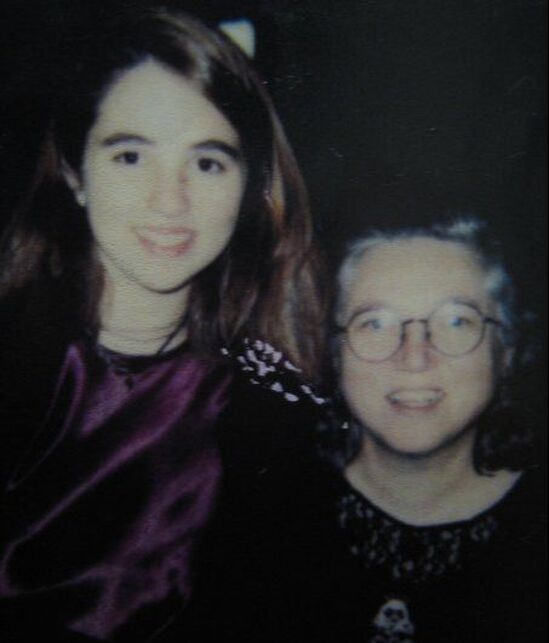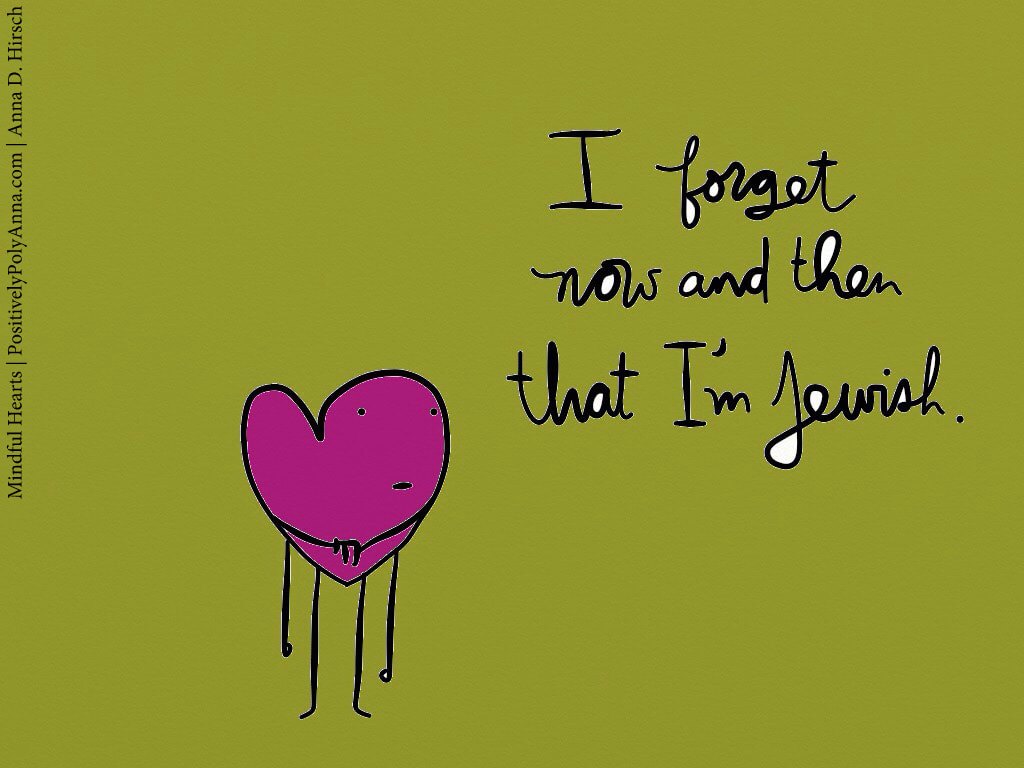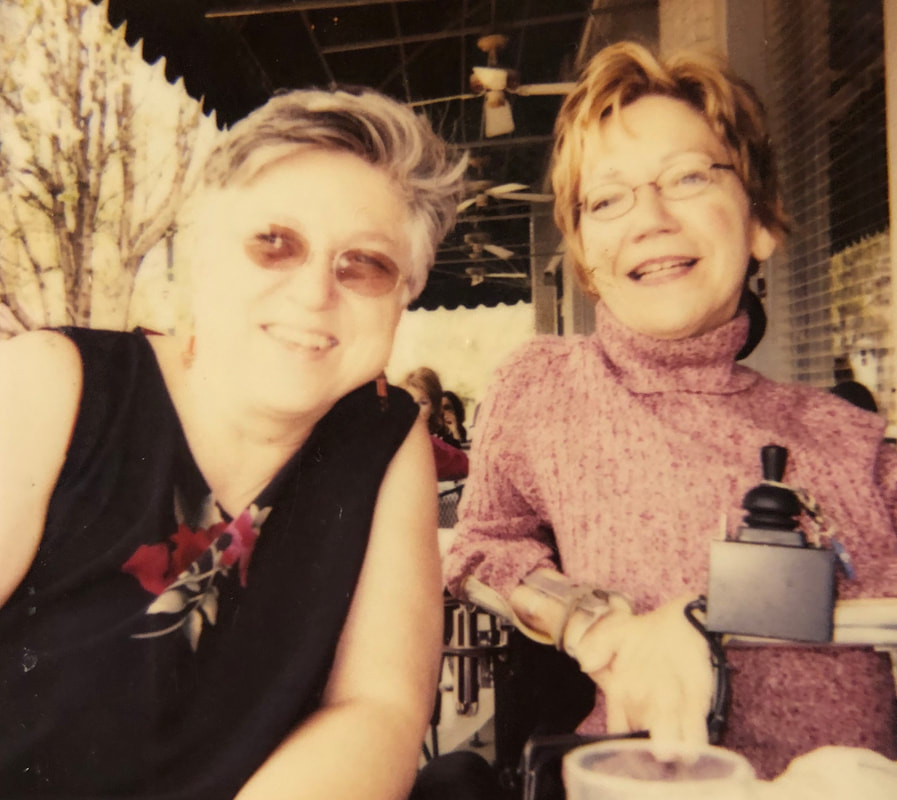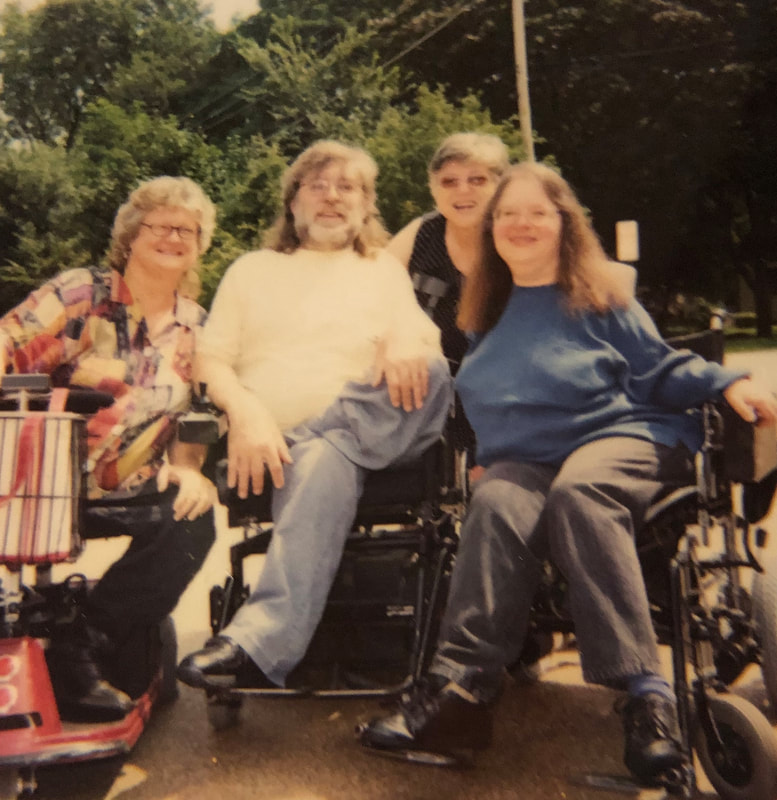I came into this world in 1980. I was born in the United States and have traveled around the globe for fun. I’m white. I’m nondisabled. I’m married to a man. I can pay my bills living in Oakland, California. I rent a two-story house with my husband and another family. My family and friends and wider community share their resources with me. I drive a Prius. I speak English and have multiple advanced university degrees. I recycle and compost because these services are readily available to me in the Bay Area. I’ve never been to prison nor has anyone in my immediate family of origin. I have never witnessed war or large-scale violent conflict, and I have never been forced to leave my country. I have access to a wide variety of fresh food, to swift medical attention and consistent psychological services, and to many kinds of information. I have a laptop computer and a smartphone, and I have nearly constant access to the Internet. I set my own work schedule. I have the option and make the choice not to eat animal products. I pass as a straight, cis, Christian woman. I often have green dye in my hair, I dress the way I like to in bright colors, and I have a few discreet tattoos — and none of these parts of my appearance are frowned on in my places of work or social settings.
It is a challenge for me to focus on all of this privilege because most of the time I’m not required to do so.
At the same time, I’m queer. I use she and they pronouns and more often than not I am misgendered. I’m polyamorous and pansexual. I have herpes and a thyroid imbalance. I have persistent depression or dysthymia and take Wellbutrin. I’m surviving the loss of a best friend who died from suicide. I am a survivor of sexual assault. I have a lot of debt. As a renter in the Bay Area, I have once been forced to move from my home and seek a new rental home. My parents are divorced and I grew up in an abusive home. I was born into a family of immigrants. My mother is disabled and my father is Jewish. My recent ancestors have been killed under the open watch of European governments and the world, have had severe mental health issues, and have lived and died away from family in medical institutions.
It is a challenge for me to focus on all of this marginalizing experience because it is painful, yet my survival forces me to do so.
At the same time, I don’t have children. I have one cat. I have three life partners, two men and a woman. My husband is Black. I’m a psychotherapist. I’m a writer and an artist. I often complain about having too many fun creative ideas and not enough time to create. I like to meditate and I’m learning about Buddhism. I hate single-use plastic. I love being outdoors and I love carbonated water.
At the same time is a refrain I return to for comfort.
This phrase reminds me that life is a jumble that happens all at once, and remembering this helps me be present with what is and helps me be nicer to myself with how I deal with what is. What is — I am learning again and again — is a whole me with many, many parts.
All of these parts of me have beginnings that lead to longer stories. And all of these stories together are how I am me from moment to moment.
Oh, where to begin?!
Just begin, Anna. You’re doing great.
Thank you, mom.
Start anywhere. Start with something important to you. I trust you.
[image description: a heart with an Adonai necklace looks out at the viewer with a blank facial expression and text reads, "I forget now and then that I'm Jewish."]
I am a bad singer. We can start there.
Really. It’s objectively true. Like, really bad. And I knew it when I was fourteen.
When I was a baby I was baptized so that my mother’s Lutheran parents in Norway could feel that my soul would be saved. My Jewish grandmother who lived in the United States and who I saw regularly never spoke of this with me. Some time before I turned double digits my sister and I shared a mikveh (ritual purity bath) and we were converted to Judaism. I had my bat mitzvah (coming of age ritual) on the late side — around the age of fourteen. As I remember it, we drove two hours every weekend to the closest synagogue where there were seemingly endless painful sessions with a teacher trying to teach me to sing my haftarah (Prophets) reading in Hebrew for the occasion.
This is the beginning of the story of Anna’s bad singing and bad memory for her bat mitzvah.
No, this is the beginning of the story of Anna’s identity as a Jew and as part of a marginalized group.
No, wait, it must be even bigger than that — this is the beginning of the story of Anna’s consciousness of power, and of cultural, institutional, and social forces.
Did I get it right finally? Ok, no, not really. Because, really, this is a beginning of all of these stories. And more.
For one thing, I knew that I couldn’t for the life of me reproduce the notes that the teacher who my parents had hired was committed to making me hear and learn. It literally made no sense to me. I think I went home crying after one of those lessons. Finally, I was transferred to work directly with the rabbi. To my surprise, the rabbi didn’t seem to care at all how off my tone was. He just wanted me to memorize the words. He gave me cassette tapes of the reading sung in Hebrew by other rabbis to take with me so I could practice at home in the ease of not traveling to the synagogue with one of my parents or one of their university students to chaperone and in the privacy of my bedroom with no one to critique me. I listened over and over to those cassette tapes trying desperately to memorize a language that I didn’t speak. And when the big day came and I still only had half of my haftarah reading memorized, our rabbi sang the second half for me, smiling the whole time and reassuring me that it was a rather long portion compared to most.
It took me nearly a quarter of a century to understand that “Anna the bad singer with a bad memory” is probably not the whole story here. But I think I am finally figuring that out. When I look back now I can see more of what was going on. I was growing up Jewish in the nineties in rural Missouri and the closest synagogue to our home was almost two hours away. My earlier and brief Hebrew studies in Chattanooga, Tennessee, had mostly ended at age nine when we moved to what my father has long called “the hub of isolation” and weekday after school Hebrew classes were no longer available. In this new life in a small town, there were no other kids my age around who I could easily and regularly talk to about being Jewish or about trying to learn Hebrew. My sister also had her bat mitzvah in Missouri, but it was much sooner after we had moved there. I was five years into living in this setting when I finally succeeded at having a bat mitzvah and a lot had happened to me.
In choir class at our only public elementary school it felt like we spent most of the fall every year singing Christmas songs. When I got the feeling that my choir teacher was glad that I didn’t know the words by heart and sometimes just mouthed along without making sounds, I took it as a sign that she was relieved because I was bad at singing. I held onto that story for years. Looking back from my late thirties, I can see now that what I was feeling might also have had something to do with shame for not being part of the right cultural background to fit in. Yes, I was also a bad singer even in elementary school and I probably felt some shame about that, too. It’s just all true.
Had I lived somewhere else with more Jews some version of this would still have happened to me. In fact, years later it did. On meeting an orthodox Jew in graduate school in Louisiana and coming to her house for Shabbat (Sabbath) dinner one Friday evening, midway through a conversation about Judaism she blurted, “Oh, so you’re Jewish in the wrong way!”
You see I learned how to see all of these parts of myself, to include all of my story and speak openly about myself and my background, from my mother — a woman who was raised Lutheran. And where is Judaism supposed to come from? Your mom. Well, your mom’s blood, to be exact. But that is exactly where my Judaism did come from — my mom. My disabled mother knew it in her blood and in her bones that it was important to raise her children Jewish along with my Jewish father. She knew that being Jewish would give us access to an identity experience that could be critical for our developing empathy for other experiences of oppression and for our adopting a commitment to restorative justice. And had I been able then to respond to that dinner party comment in any other way than laugh nervously, I would like to have said that I’m a bad singer who has grown fond of singing Christmas songs and still likes to sing bits of Jewish prayers and really loves being a Jew raised by an atheistic Lutheran.
If that’s the wrong way, bring on the wrong. My mother is a badass, and I am fortunate to be her kid.
Because of my mother I had access not just to Jewish identity, but to a complex version of Judaism that inspired bigotry from other Jews and a unique landscape of marginalization, privilege, and passing.
When I look back now, I can also see that standing in that elementary school choir class I could pretend for the most part that I was just like the other kids. My singing might have been off key, but I didn’t have a different way of speaking, such as a linguistic accent or dialect, or the kind of noticeable inflection or vocalization that can come with some disabilities. I didn’t have a different rate of reading and saying words. I can see now some of the ways that I hung out in the safety of these normative social markers, avoiding stirring the pot.
I didn’t complain to the music teacher that she should have songs for Jewish kids. I didn’t chat with my fifth-grade friends about our nondisabledness and how to use this status to make things more accessible for disabled kids. I didn’t even make friends with the few kids who did have accents and the kids whose disabilities made their singing different, too. I told myself that I was good for overcoming the ways my differences were bad, by taking pride in them anyway or by hiding them, like not singing and not messing everyone else up. I never really questioned the original idea that my differences were bad. And I neglected to look at all the ways that my sameness kept me away from my own differences and from others’ differences.




 RSS Feed
RSS Feed